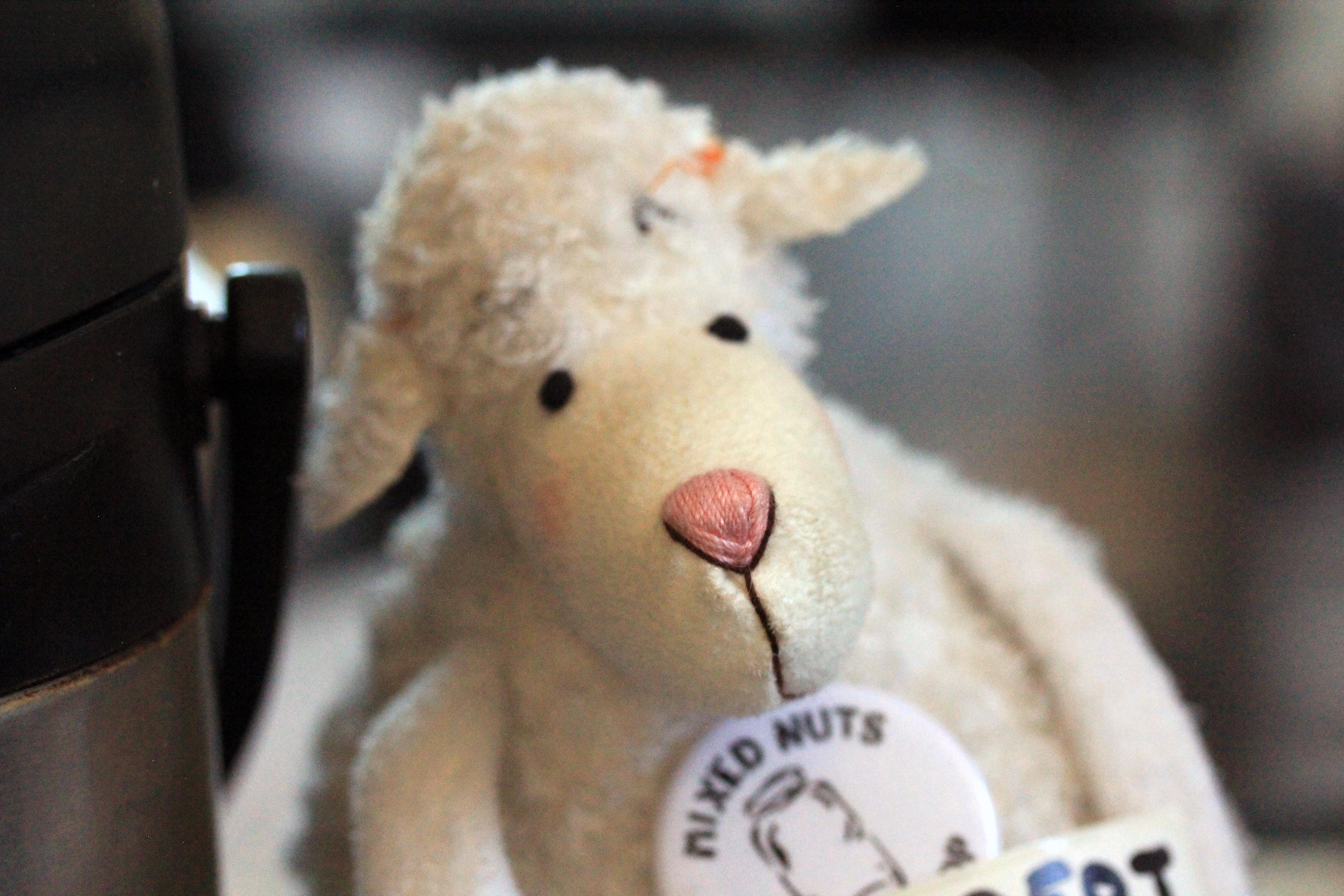We strive to promote equality, respect, honesty, and responsibility within the context of food systems and cooperatives. We dedicate ourselves to serving the greater Hampshire community, including students, faculty, staff, families, neighbors, alumni, and the occasional groundhog. This comes in the form of providing food options, responding to feedback from customers, educating about co-ops and running a small business, and collaborating and building relationships with other organizations both on campus and off.
Our products are intentionally sourced from vendors we support, which include local businesses, other cooperatives, and fair trade organizations. We also carry consignment items created by Hampshire students such as jewelry, notebooks, zines, and more in-store.
History
Mixed Nuts is Hampshire College’s longest running student group. However, we are not the first co-op to live on campus (the first was founded by Bob McNitt in 1971, and only lasted a year). Although having gone through several, and at times rough and unexpected relocations since our opening in 1972, Mixed Nuts has always been rooted in the Hampshire community.
What’s a co-op?
Short for cooperative, a co-op is (generally) a business that is jointly owned and run, usually by the people who use its services. In Mixed Nuts’ case, though, you don’t have to join the co-op to shop with us; we are open to the entire Hampshire community.
We follow the Rochdale Principles, which were created to serve as a basis for operations of cooperatives around the world. The principles are as follows:
- Voluntary and Open Membership
- Democratic Member Control
- Member Economic Participation
- Autonomy and Independence
- Education, Training, and Information
- Cooperation Among Cooperatives
- Concern for Community
Mixed Nuts also operates as a collective, which means we make all our major decisions together, and we all have equal decision-making power without having any leaders. (However, there are some members that have different roles and committee positions, and therefore have differing levels of responsibility.) Decisions are made through consensus, meaning that we must unanimously agree on (or at least feel okay about) an idea before it can be put into place. If anyone is hesitant about an idea, we discuss and rework it. This ensures that we are including as many people as possible.
